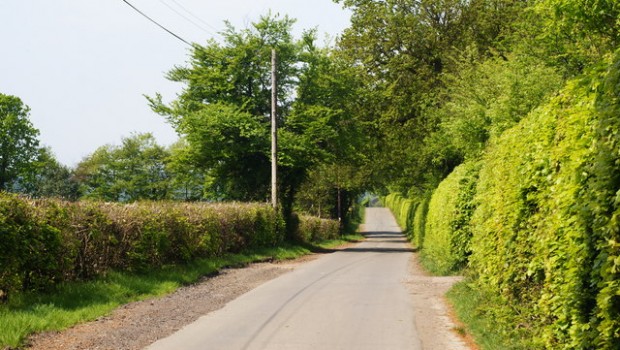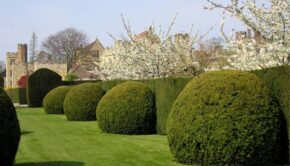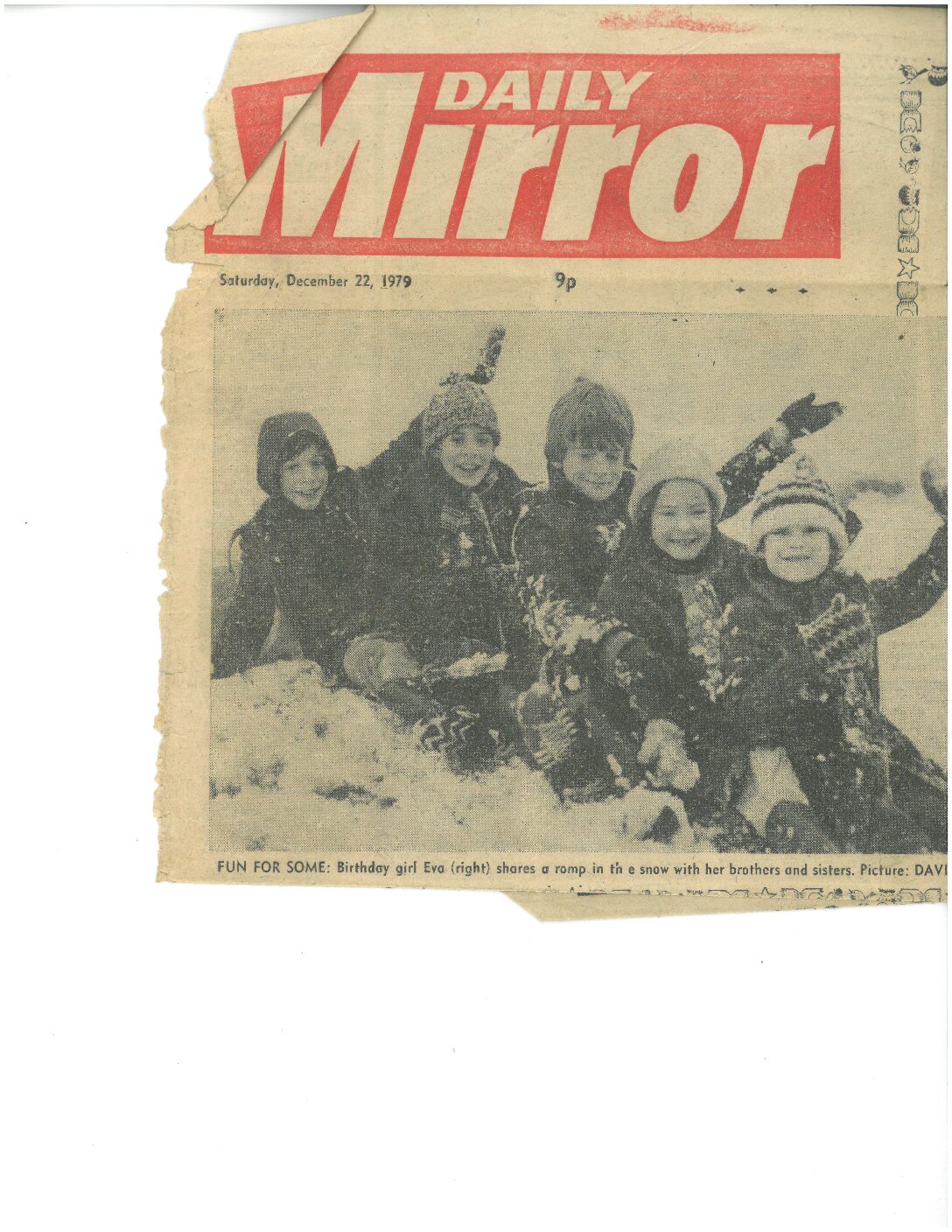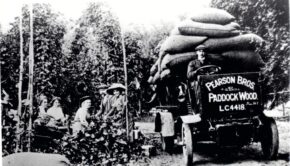Edward Frisby Howis – A man who helped establish Crowborough
The ‘ignorant and heathenish people of Crowborough’ may have received salvation from Sir Henry Fermor’s construction of a church, but it was a different man who rescued the town’s industrial soul.
Edward Frisby Howis, an entrepreneur in the oil business, purchased the Crowborough Warren in 1809. At this stage, Crowborough was an improving area, but this was mainly socially. As far as commerce and modernising were concerned, Crowborough was lagging behind.
Howis was one of the primitive property developers of his era; rich men based in London who saw a gap in the market for developing ‘up and coming’ areas between London and the burgeoning coastal towns. They would build fashionable mansions, buildings to rent, or facilities solely for leisure purposes. Howis turned his attention to Crowborough and chose to turn the Warren into a profitable farm as well as erecting buildings to sell and rent.
His plans attracted workmen, builders and labourers to the area, created employment and a demand for accommodation that had not been seen before. One of his finest achievements was the construction of two water mills with five large ponds. These generated income as they were rented out for business; indeed, one of the mills ground the flour for Queen Victoria’s wedding cake. A Crowborough resident transported the flour to the London-based confectioner, Gunter’s of Berkley Square. Interestingly, the middle name of Howis’s son was Gunter, suggesting a family link secured the honour of providing the flour.
Howis also planted a large amount of woodland that changed the character of the Warren, as well as adding Crowborough Warren House, entrance lodges and the farm, which greatly improved the notoriously weak Ashdown Forest soil. He managed to keep developments moving by overseeing the progress of his plans personally. Described as “a man of great abilities, fine independence of character, and possessed of virile, versatile mind”, Howis was also one of the first commuters, riding on horseback from Crowborough to London in around three hours. He would rise early, collect his post at Forest Row, eat breakfast in Godstone and then arrive in Piccadilly to start the day.
His London business diversified over time, from oil to mineral water, then to groceries and wine. Due to his London work, absences from Crowborough were sometimes necessary and, on one occasion, he returned to his house – Crowborough Lodge – to find his labourers engaged in uproar. Workers from Mayfield and Rotherfield had visited and caused disruption about rates of pay. Howis collected a large selection of beer and offered it to the rioters. After they were sufficiently ‘pacified’, Howis requested they leave and either through drunkenness, gratitude or respect, they departed with no further trouble.
In another example of his ingenuity, The Squire, as Howis became known, purchased 12 donkeys in order to transport raw materials to his own sites. The procession pulled sacks of chalk from Shortbridge, near Uckfield, to the Warren three times a week and saved the businessman trouble and money.
Edward Howis never saw the culmination of his development, as he died at the age of 58 in 1830. He was buried at the church of Withyham, overlooking his friend Jack Turner’s farm. Howis requested a vent be built into his grave so that his spirit could easily travel to visit his friend.
Crowborough Warren changed hands several times and was sold to the Fielden family, after whom a number of roads are named to this day.






Comments